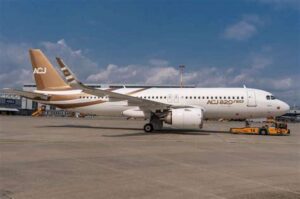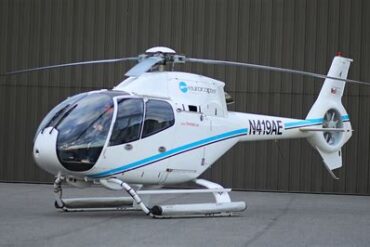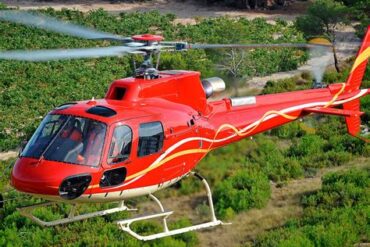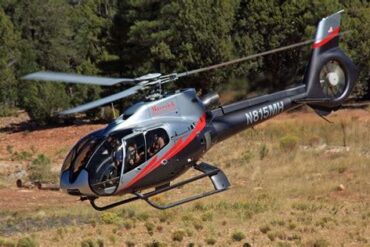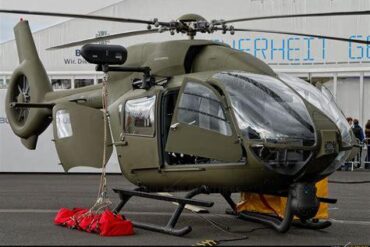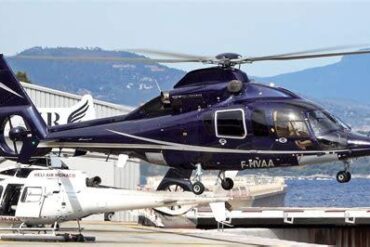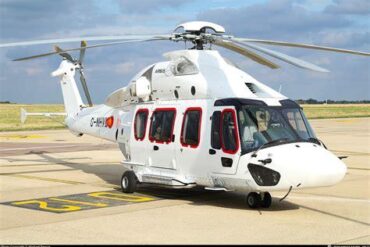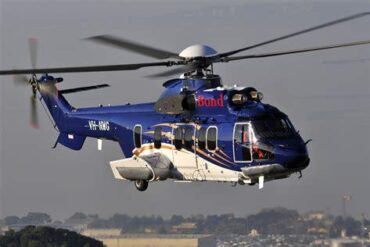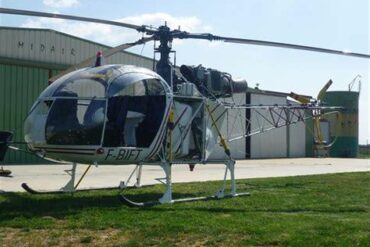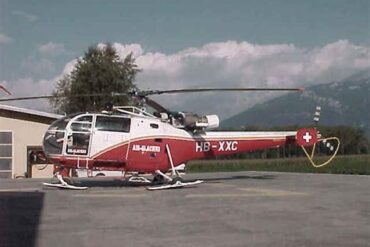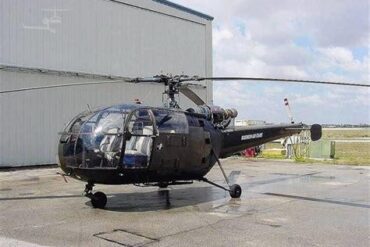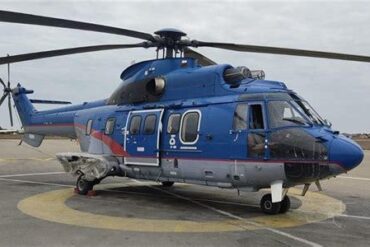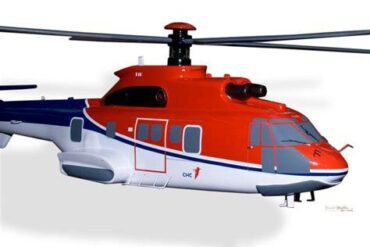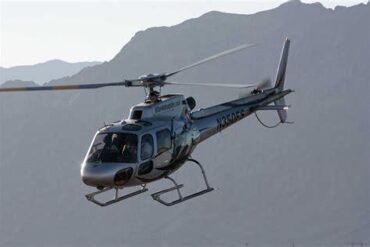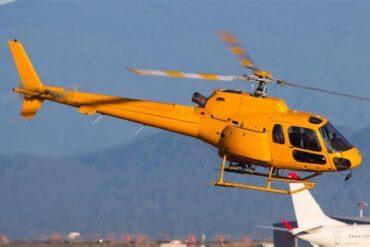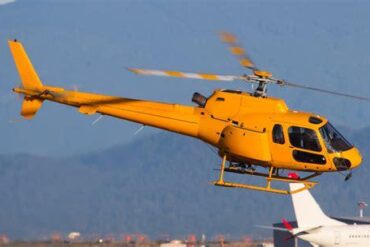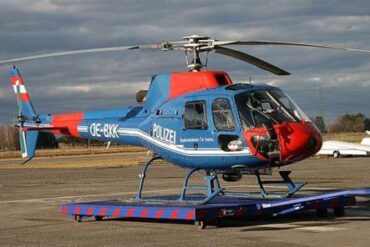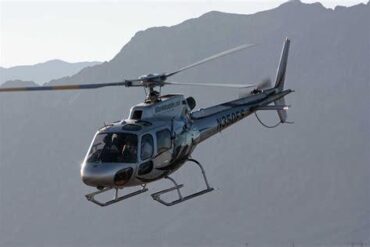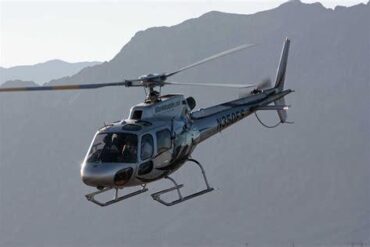The Airbus ACJ320 is a highly regarded choice in the realm of business jets, representing luxury, efficiency, and advanced technology. With its roots in the popular A320 commercial airliner, the ACJ320 offers a unique blend of comfort and performance tailored for corporate travel. In this article, we will delve deep into the price of the Airbus ACJ320 and its operating costs, providing an extensive overview that will aid potential buyers and operators in making informed decisions.
Understanding the Airbus ACJ320
The Airbus ACJ320 is part of Airbus’s Corporate Jet family, designed specifically for the executive market. Featuring a spacious cabin that can be customized to meet the needs of its owners, the ACJ320 provides unparalleled comfort for both business and leisure travelers. The aircraft’s range exceeds 6,000 kilometers, allowing for non-stop flights between major global cities, thus enhancing its appeal to high-profile clients.
Key Specifications
Before discussing the price and operating costs, it is essential to understand the key specifications of the Airbus ACJ320:
-
Passenger Capacity: Up to 19 passengers in a typical configuration.
-
Cruising Speed: Approximately 850 km/h (Mach 0.78).
-
Range: Up to 6,000 km, depending on payload and configuration.
-
Cabin Dimensions: Length of 7.2 meters and a width of 2.2 meters, allowing for a comfortable, spacious environment.
Price of the Airbus ACJ320
The purchase price of an Airbus ACJ320 can vary significantly based on several factors, including age, condition, customization, and market demand. As of 2023, the base price for a new Airbus ACJ320 typically ranges from $70 million to $100 million. However, for a fully customized aircraft, the price can escalate well beyond these figures.
Factors Influencing the Price
-
Customization: The interior layout and materials used can dramatically affect the price. Buyers often opt for high-end finishes, custom seating arrangements, and advanced entertainment systems, which can increase costs significantly.
-
Age and Condition: The market value of pre-owned Airbus ACJ320s can range from $30 million to $70 million, depending on their age, maintenance history, and overall condition.
-
Market Demand: The demand for business jets fluctuates with economic conditions, affecting prices. During economic booms, prices tend to rise due to increased demand for private travel.
-
Manufacturer’s Reputation: Airbus’s reputation for quality and reliability also plays a role in pricing. The ACJ320 is known for its durability and low operational costs, which can justify a higher initial investment.
Operating Costs of the Airbus ACJ320
Understanding the operating costs associated with the Airbus ACJ320 is crucial for potential buyers. These costs encompass various expenses, including fuel, maintenance, crew salaries, insurance, and more. On average, the operating cost per hour for an Airbus ACJ320 is estimated to be around $3,500 to $4,500. Below, we break down these costs into their components:
1. Fuel Costs
Fuel is one of the largest expenses for any aircraft operator. The Airbus ACJ320 consumes approximately 2,500 to 3,000 pounds of fuel per hour. With current jet fuel prices averaging around $5 per gallon, operators can expect fuel costs to range between $1,200 and $1,500 per hour. Efficient fuel management practices can help mitigate these expenses, but fuel remains a significant operational burden.
2. Maintenance Costs
Maintenance is another critical factor in operating costs. Regular inspections, repairs, and parts replacements are necessary to ensure safety and reliability. For the Airbus ACJ320, maintenance costs can average around $600 to $800 per flight hour. This includes routine checks and unscheduled repairs, which can vary depending on usage patterns and operational conditions.
3. Crew Salaries
Crew costs include salaries for pilots and cabin crew, which can significantly influence operating expenses. An average pilot salary can range from $100,000 to $150,000 annually, while cabin crew salaries can vary widely based on experience and location. For budgeting purposes, allocating around $300 to $500 per hour for crew costs is advisable.
4. Insurance Costs
Insurance is a vital aspect of aircraft ownership and operation. The costs can vary based on the aircraft’s value, usage, and the operator’s safety record. For the Airbus ACJ320, insurance costs can range from $25,000 to $50,000 annually, translating to approximately $200 to $400 per flight hour.
5. Hangar Fees
Hangar fees depend on the airport location and the facilities available. Operators should budget for hangar costs ranging from $1,000 to $3,000 per month, which can be approximately $100 to $300 per flight hour when amortized over the year.
6. Miscellaneous Costs
Other costs, such as catering, ground handling, and navigation fees, can add up quickly. Depending on the level of service and distance traveled, these costs can range from $500 to $1,000 per flight hour.
Total Estimated Operating Costs
To summarize, let us calculate the estimated total operating costs for the Airbus ACJ320:
-
Fuel Costs: $1,200 – $1,500
-
Maintenance Costs: $600 – $800
-
Crew Costs: $300 – $500
-
Insurance Costs: $200 – $400
-
Hangar Fees: $100 – $300
-
Miscellaneous Costs: $500 – $1,000
Total Estimated Operating Costs Per Hour: $3,000 to $4,800
These estimates highlight the financial commitment required to operate an Airbus ACJ320 effectively. However, many owners find the benefits of owning such a luxurious and capable aircraft far outweigh the expenses.
Conclusion
The Airbus ACJ320 stands as a premier choice for those seeking a combination of luxury, efficiency, and long-range capability in a business jet. Understanding the purchase price and operating costs is essential for making informed decisions. With an initial investment ranging from $70 million to $100 million, and estimated operating costs between $3,000 and $4,800 per hour, prospective buyers can assess their financial readiness for ownership.
Investing in an Airbus ACJ320 not only signifies a commitment to comfort and convenience in air travel but also reflects an understanding of the broader operational landscape. By analyzing these costs thoroughly, potential owners can ensure that they are well-prepared for the exciting journey ahead.
